He who is most compassionate. He who is kind. The benevolent one. The beneficent one. Allah is widely believed to have ninety-nine Names, each of which has a meaning and is indicative of a desirable quality. This copiously researched book contains the most popularly accepted ninety-nine Names of Allah along with several lesser-known titles. These sacred Names are given in Arabic and phonetic English, with English translations and explanatory notes. Enhancing the appeal of the book is a comprehensive introduction. It deals with several canons, each of which differs in the names included and the sequence followed. Drawing upon the views of various scholars regarding the Names and attributes of Allah, the categorization of these Names and, most importantly, the benefits of reciting them, Parvez Dewan gives us perhaps the most thorough and accessible contemporary interpretation of the different aspects of the Supreme Being.
ABOUT THE AUTHOR Parvez Dewan
Parvez Dewan was educated at St. Stephen's College, Delhi, and the University of Cambridge, and was elected a Visiting Research Fellow of Queen Elizabeth House, Oxford University. He hitchhiked through Nicaragua to study its total literacy miracle and trawled Cambodia and Central Asia for their architectural links to Kashmir's temples and shrines. An officer of the Indian Administrative Service, he is currently the Divisional Commissioner of Kashmir. Two of his libretti were recorded as rock operas in Denmark, a third was telecast on Britain's Channel Four (and none of the three was ever heard of again). At St. Stephen's he was elected President of the College Union society and was awarded the L. Raghubir singh History Prize for ranking first in his B.A. (Hons.) class. At Cambridge, he was awarded the Jennings Prize in 1987 for obtaining the highest marks, and a distinction, in the Development Studies class. He was the Senior Treasurer of the Cambridge University (C.U.) Friends of the Earth and was also with the C.U. Green Party. Most of the publications that Parvez has written for had to fold up (Youth Times, JS, The Hindustan times Evening News, The Metropolitan on Saturday, Shama (Urdu) and such sections of The Times of India as he regularly contributed to). However, some survived (notably the Times of India, India Today, The Hindustan Times, The Statesman and Stardust).

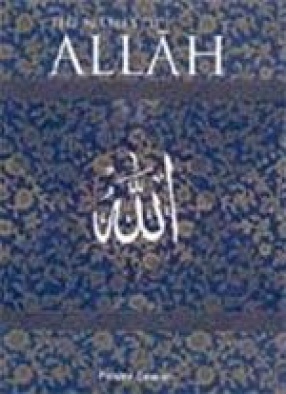

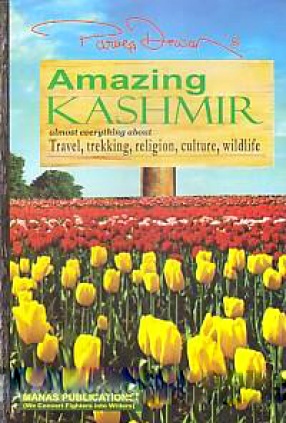
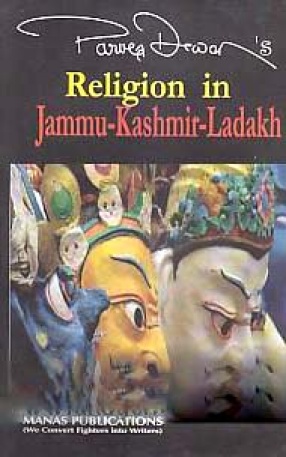
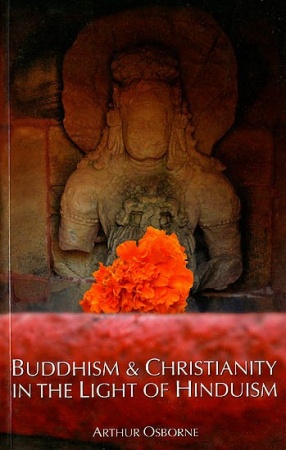

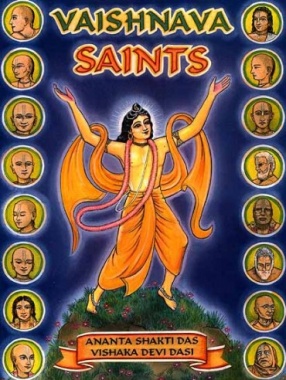
There are no reviews yet.